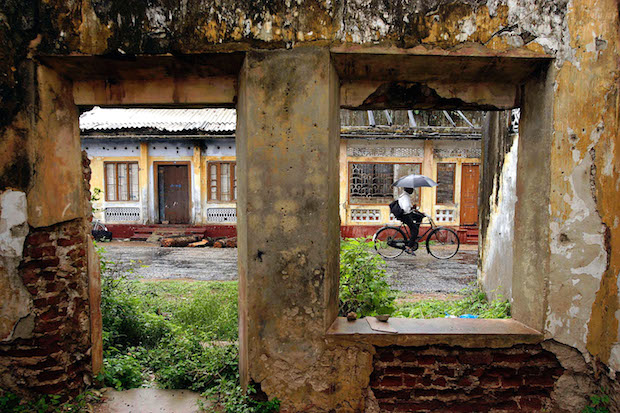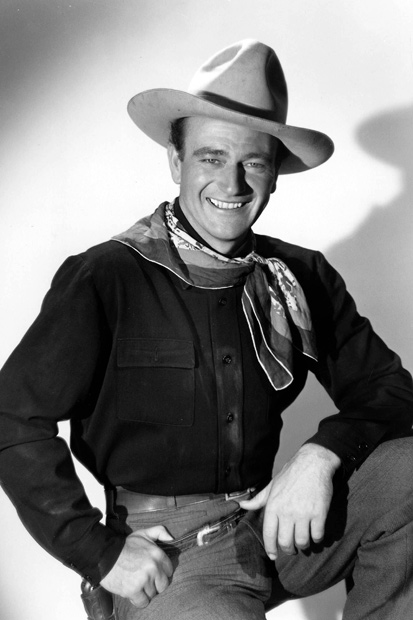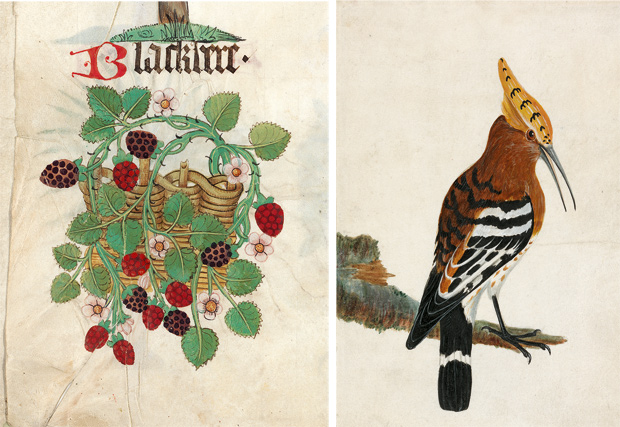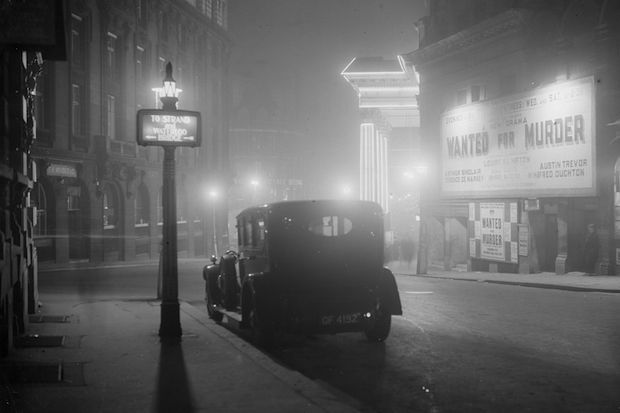‘The first night I stayed in Kilinochchi, I was a little apprehensive,’ admits the usually cool-headed Vasantha, van-driver and narrator of all the stories in Noontide Toll. Kilinochchi was the operational centre of the LTTE (Liberation Tigers of Tamil Eelam) until the Sri Lankan army’s entry in January 2009. Now the town offers amenities like the Spice Garden Inn, with glass-walled cafeteria and reception desk overflowing with coconut flowers and bougainvillea. Yet its assistant manager, Miss Saraswati, belies such luxurious blandness. A rat suddenly appears in the café; immediately she hurls a bottle, breaking the creature’s skull without destroying the implement. ‘I stared at Miss Saraswati. “You learn to do that at Jaffna hotel school?” ’ Next morning Vasantha notices ‘the trigger finger of her right hand was callused and discoloured at the edge’.
Miss Saraswati calls the van-man a ‘peacemaker’, and often he feels himself ‘a kind of doctor’. Those long journeys on which he takes passengers ‘looking for something lost and irretrievable’ are surely a form of ‘healing’. He has certainly learned to keep his counsel, so many revelations does he hear of grave splits in identity.
He takes an English pastor and his acolyte to an army camp for a handsome mess dinner hosted by a hearty, boastfully friendly major. Only on the homeward journey does Vasantha appreciate that all three men have been studiedly acting parts. Behind at least one exterior madness may lurk, yet after a quarter-century of civil war this can scarcely surprise.
The whole business is insane anyway, killing and maiming like there is no tomorrow. How can you shoot someone in the head and call it duty? How can anyone be normal after that?
The direction of the first six stories is ‘North’, to Jaffna, Tamil cultural capital and before the war Sri Lanka’s second city, now depleted and only too visibly scarred. The second half-dozen are entitled ‘South’; Vasantha’s van goes down to the coast hit by the tsunami of Boxing Day 2004, in which 35,000 died. The same phenomena accost him as up north — the impossibility of ever mentally banishing experienced violence, the insensitivity of so many travellers to the pains of other people’s pasts.
Romesh Gunesekera has long established himself as one of the most delicate contemporary handlers of English prose. This delicacy, however, enables him to carry out unflinching operations on the most recalcitrant material: on the family in the aptly named ‘Janus’, for instance, wounded in body and psyche by the war but under the dominion of one of its heroes, Brigadier Bling, who says: ‘You have to look forward, no?’
Vasantha agrees. Yet he himself can’t forebear looking backwards from late middle age periodically: son of a communist caddie at a Colombo golf course, growing up in a city shack, always too shy to find a girlfriend.
Sometimes he encounters signs of hope. He goes to the Jaffna library, belatedly being rebuilt after the vicious anti-Tamil attack of 1981. A young man tells him:
They say this library will one day have 100,000 books, like it used to. Even if it does not bring back the poetry, the ola leaves, the record of our civilisation and all that, it would still be a day worth waiting for.
Yet, sadly, this youth plans to leave Sri Lanka for Italy.
Got something to add? Join the discussion and comment below.
Get 10 issues for just $10
Subscribe to The Spectator Australia today for the next 10 magazine issues, plus full online access, for just $10.
Available from the Spectator Bookshop, £10.99. Tel: 08430 600033. Paul Binding is a novelist, critic, poet and cultural historian.
You might disagree with half of it, but you’ll enjoy reading all of it. Try your first month for free, then just $2 a week for the remainder of your first year.














Comments
Don't miss out
Join the conversation with other Spectator Australia readers. Subscribe to leave a comment.
SUBSCRIBEAlready a subscriber? Log in